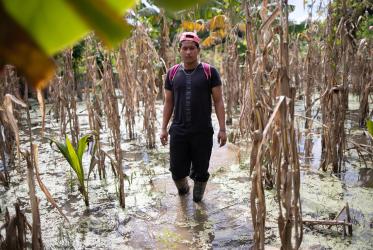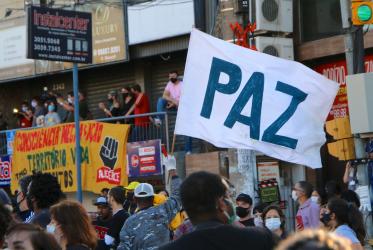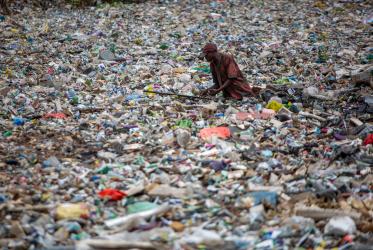Displaying 1 - 10 of 10
Photo exhibition portrays stark reality of climate change
09 November 2021
No room at the inn
26 December 2020
Bossey students look to Christmas, amid new, ecumenical family
17 December 2020
New student body at Bossey Ecumenical Institute “a source of joy”
14 September 2020
Religious leaders as agents of peace in the Americas
02 March 2016








